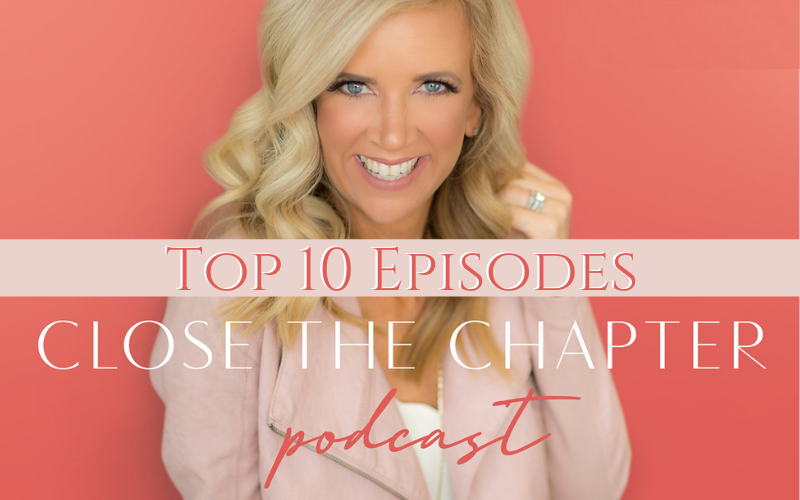So many people want connection. We want to feel close, understood, safe, and seen. And at the same time, we are afraid to be vulnerable.
We are afraid to put ourselves out there.
We are afraid to speak truth with love and grace.
We are afraid to say how we really feel, to share our emotions, our hearts, our fears, and what is really coming up inside us.
Maybe you notice this with your partner. Maybe in a friendship. Maybe in a support group. You want to speak, but something inside you says stay quiet.
Underneath it all is a deep human fear. What if I am disliked. What if I do not belong. What if shame takes over and swallows me whole.
So we close off parts of ourselves. We mask. We present a version of who we think will be acceptable, likeable, and lovable.
But intimacy asks something different. It asks us to be seen. And being seen can feel terrifying when, somewhere along the way, being seen meant getting hurt.
Over many years of working with couples and individuals, and drawing from marriage and family therapy training and research, I see the same themes come up again and again. People want closeness, and yet they are afraid of it. As you read, I invite you into curiosity, reflection, and integration. Notice what speaks to you. Notice what activates you. That is usually where the work lives.
Why am I afraid to be vulnerable in relationships?
When people ask this, what they are really asking is, why does closeness feel unsafe in my body even though I want it in my heart.
Intimacy activates your nervous system. It brings up old family patterns, past losses, disappointments, and moments when you learned that needing someone was risky.
So you may crave connection and, at the same time, feel anxious, guarded, numb, or distant when someone gets close.
That does not mean you are broken. It means your system learned how to protect you.
Often the work is learning how to feel safe enough, slowly, to open again.
Why do I struggle with needing other people?
This is often about the fear of dependency.
Some of us grew up being pushed to be emotionally self sufficient. We learned early, I should handle life on my own. I should not need anyone.
Maybe you were told to deal with it. Maybe no one showed up when you were overwhelmed. Maybe the parent could not handle their own life, so you learned you had to handle yours.
That kind of loneliness stays in the nervous system.
So as adults, closeness can feel uncomfortable. Letting someone support you can feel weak. Letting someone need you can feel heavy. We become hyper independent not because we want to be, but because at one point we had to be.
Healthy intimacy is not about losing yourself. It is about learning how to be interdependent while still being whole.
You might gently ask yourself, am I afraid of depending on someone. Am I afraid someone will depend too much on me.
Why do feelings overwhelm me in relationships?
A lot of people are not afraid of relationships. They are afraid of feelings.
If growing up there was not space for emotions, if anger, sadness, fear, or even joy were ignored, criticized, punished, or chaotic, your body learned that feeling equals danger.
So you learned to stay in your head instead of your heart. You intellectualize. You minimize. You stay busy. You shut down.
But intimacy is built through vulnerability, and vulnerability is built through feeling.
When you avoid feelings, you also avoid closeness.
Often underneath is the fear, if I really feel, I might fall apart. If I really feel, I might be too much.
Part of healing is learning that feelings are not there to destroy you. They are there to inform you and connect you.
Why do I avoid conflict and anger with people I love?
Anger is one of the most misunderstood emotions in relationships.
If anger in your family was explosive, abusive, unpredictable, or completely shut down, your nervous system learned that anger leads to harm.
So you keep the peace. You placate. You avoid. You swallow your needs.
But what is not expressed gets stored. And stored anger turns into resentment, distance, and emotional withdrawal.
Healthy intimacy includes learning how to feel anger without attacking and without disappearing. Anger, when handled with care, becomes a doorway into truth and repair.
You might notice how you were taught to deal with anger and how that shows up now in your relationships.
Why does closeness sometimes make me feel trapped or controlled?
Some people want intimacy and yet feel suffocated when they get it.
This often comes from controlling, invasive, enmeshed, or unpredictable parenting. When you were not allowed to have your own thoughts, feelings, and identity, closeness felt like losing yourself.
So when someone gets near, your system pulls back. You might feel restless, irritated, or shut down even when nothing obvious is wrong.
Healthy relationships do not erase you. They support your differentiation. You get to be you while being connected.
Intimacy is safest when two people can stay close without abandoning themselves.
Why am I scared people will see the real me?
This is the fear of exposure.
Early in relationships, we show the parts of ourselves we think will be liked. Over time, real connection asks us to reveal our shadow sides too. The insecure parts. The wounded parts. The imperfect parts.
If love growing up was contingent on performance, behavior, or pleasing, you may have learned that who you are is not enough.
So you hide. You mask. You protect.
Inside the belief often sounds like, if you really knew me, you would not love me.
But intimacy grows through transparency, not perfection. The parts you hide are often the parts longing most for care.
Why am I so afraid of being abandoned or rejected?
This fear lives in almost every human heart.
Loss through death, divorce, betrayal, emotional neglect, addiction, or sudden breakups teaches the nervous system that closeness hurts.
So the mind says, do not get too close and you will not get hurt.
But never getting close also hurts. It creates isolation.
We are called to love bigger, and loving bigger requires tolerating risk with boundaries and care.
The work is not avoiding closeness, but learning you can survive loss, disappointment, and rejection and still stay open.
How do I start healing my fear of intimacy?
Healing intimacy starts inside.
Ask for help. Therapy, support groups, and safe people matter. We are not meant to heal alone.
Write. Journaling lets you connect with what is really happening underneath the surface. Let it be honest. Let it be messy.
Practice feeling. Slow down and notice your body, your emotions, your thoughts. Intimacy with others begins with intimacy with yourself.
Care for the parts of you that learned to hide, please, perform, overwork, or shut down. Those parts are not broken. They adapted.
And do not forget joy. Growth without joy leads to burnout. Laugh, rest, cook, walk, play, connect with people and animals that feel safe.
If you cannot be intimate with yourself, it becomes very hard to be intimate with another person.
You matter. Your heart matters. Your healing matters.
Intimacy is not perfection. It is presence. And little by little, with courage, curiosity, and care, you can learn to let yourself be seen.
I am really grateful you are here.
Do you want to join a community of souls wanting to grow, evolve, and on a healing journey?
I would love for you to join our free Close the Chapter Facebook community and check out my YouTube Channel where I post weekly videos with Mental Health Tips.







